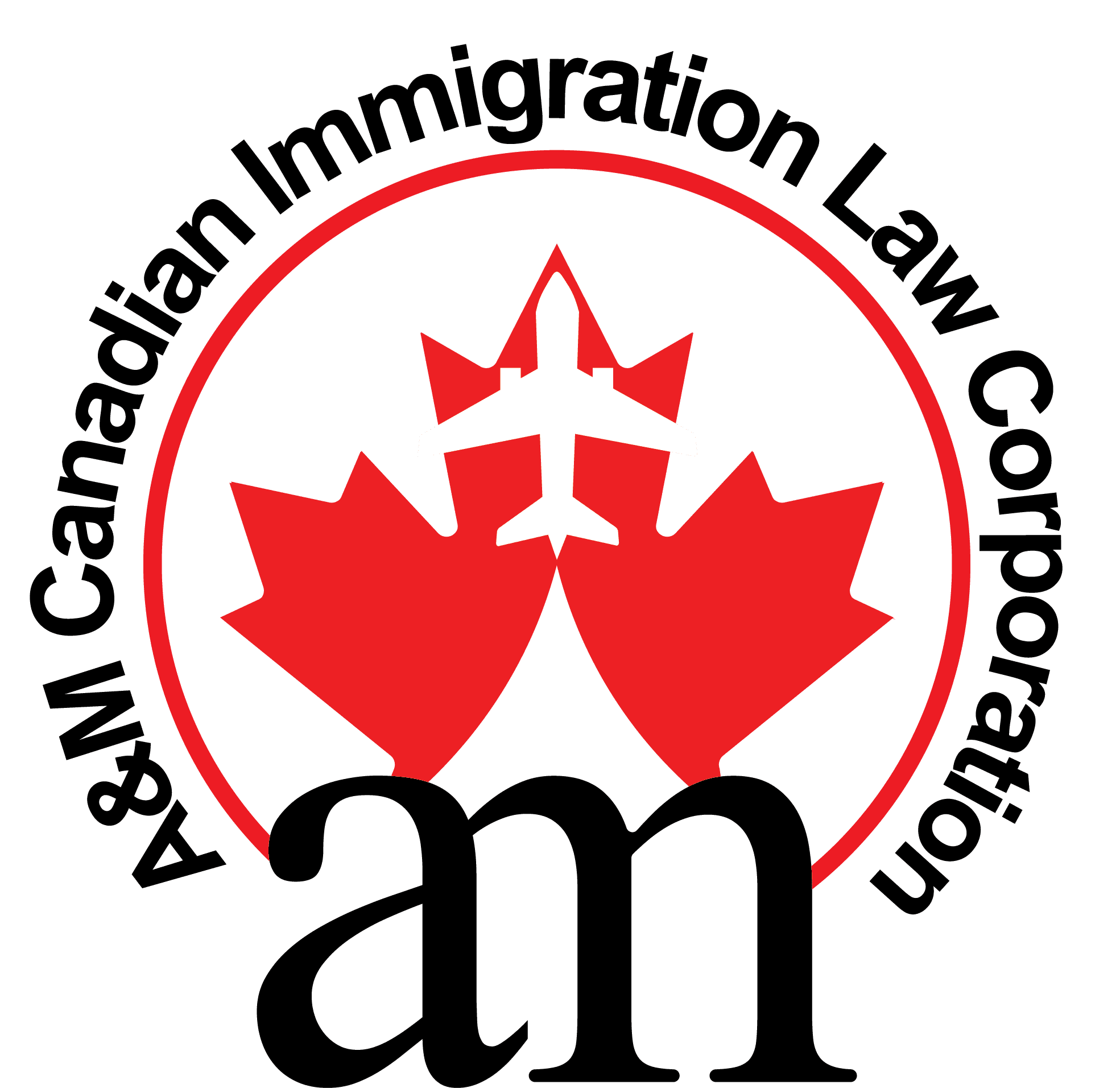Open Work Permit for Vulnerable Foreign Workers in Canada
A&M Canadian Immigration Law Corporation
Open Work Permit for Vulnerable Foreign Workers in Canada
Canada
is committed to protecting the rights of foreign workers. Sometimes, temporary
workers face abuse or mistreatment from their employers, leaving them at risk.
To support these individuals, Immigration, Refugees and Citizenship Canada
(IRCC) introduced the Open Work Permit for Vulnerable Workers. This
special permit allows affected workers to quickly leave abusive situations and
find new employment in Canada.
What
is an Open Work Permit for Vulnerable Workers?
An Open
Work Permit is a document that allows the holder to work for almost any
employer in Canada without requiring a new Labour Market Impact Assessment
(LMIA). For vulnerable workers, this permit is designed to provide safety and
flexibility if they experience abuse, including:
- Physical or
psychological abuse
- Sexual harassment or
exploitation
- Unsafe or unhealthy
working conditions
- Financial mistreatment,
such as unpaid wages
Who
is Eligible?
You
may qualify for this permit if:
- You are in Canada on a
valid employer-specific work permit.
- You are experiencing or
at risk of abuse by your current employer.
- You can provide
information or evidence of the mistreatment to IRCC.
This
program applies to temporary foreign workers, including those under the
Temporary Foreign Worker Program (TFWP) or the International Mobility Program
(IMP).
Benefits
of the Program
- Immediate protection: Workers can quickly
leave abusive jobs.
- Freedom to work
elsewhere:
Allows switching to a new employer without delay.
- Maintains legal status: Prevents workers from
falling out of status while seeking safer employment.
Why
Legal Assistance Matters
Reporting abuse can be overwhelming, especially when immigration status is at stake. Our law firm provides confidential and supportive legal guidance to help vulnerable workers apply for open work permits, protect their rights, and transition safely into new employment.
Next
up: H-1B visa holders






